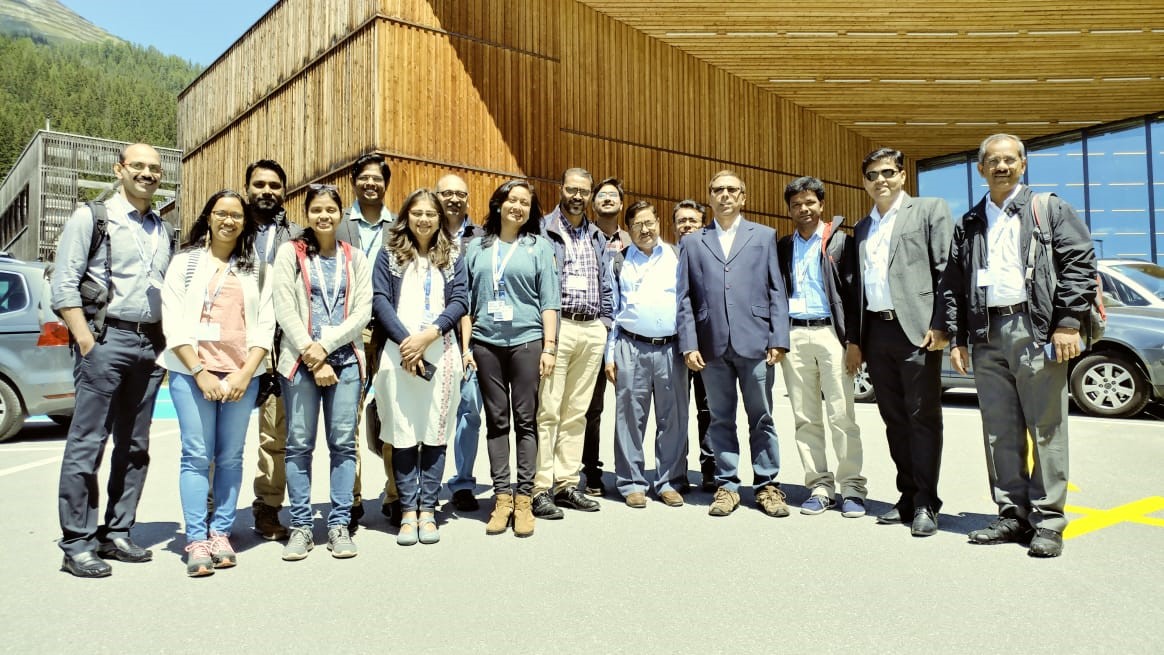
Grand Challenge for Cancer Research Announced
- News
- 1.3K
An estimated one million new cases of cancer are reported in India every year. Almost a third of them are preventable cancers. The use of innovative approaches for screening, early diagnosis as well as treatment and palliative care can save many lives. To develop such approaches that are cost-effective and affordable, the India Cancer Research Consortium (ICRC) has announced a grand challenge for researchers.
Best research ideas will get funding of up to Rs 1.5 crore a year for three years. The grants will be given for ideas in six thematic areas – prevention and epidemiology, diagnostics, therapeutics, palliative care, basic biology, and innovation. The objective will be to produce outcomes that are translatable into practice. Those having a multidisciplinary collaborative approach will be preferred.
Research ideas and projects that are ready for implementation or scalability in the form of deliverables and point-of-care technologies will be given priority. Given the fact that India has a huge burden of tobacco-related cancers and cancers among women, new ideas should focus on common cancers like tobacco-related, cervical cancer, breast cancer, etc. Considering the high incidence and paucity of data on cancers in the North-East, projects from the North-East region will be given preference.
ICRC has been floated by the Indian Council of Medical Research (ICMR) and the Department of Health Research to “promote, articulate and prioritize cancer research” in the country. “We have so many research institutions engaged in research in the basic biology of cancer. Moreover, research is mostly done in isolation and there is no integration.
The idea behind ICRC is to include all aspects of cancer research like prevention, diagnostics, therapeutics, palliative care and innovation along with basic biology, and produce outcomes that can find ready applications,” said Dr. Ravi Mehrotra, chief executive officer of ICRC, while speaking to India Science Wire.
The activities under the consortium will complement the existing scientific and operational research in cancer. The consortium, he said, would also bring together all relevant stakeholders including researchers, healthcare professionals, cancer survivors, legislators, public health representatives, policymakers, caregivers and volunteers to address the problem of cancer.
“We want to harness and reinforce research in a coordinated way in order to achieve tangible impact on cancer control as well as provide a framework to the research community through the establishment of a common platform for a trans-institutional alliance with ICMR at the center,” he added.
A bulk of the cancer burden in the country is due to low awareness and closely linked to socioeconomic inequalities in access to health care. Almost three of five cancer deaths in India are associated with tobacco or infectious diseases.
“We need to encourage appropriate trans-sectoral and translational approaches in cancer research to bring ground-level transformation in the way cancer is diagnosed and treated in India,” said Dr. Mehrotra. The last date for sending research proposals is October 29. (ISW)
If you liked this article, then please subscribe to our YouTube Channel for the latest Science & Tech news. You can also find us on Twitter & Facebook.


